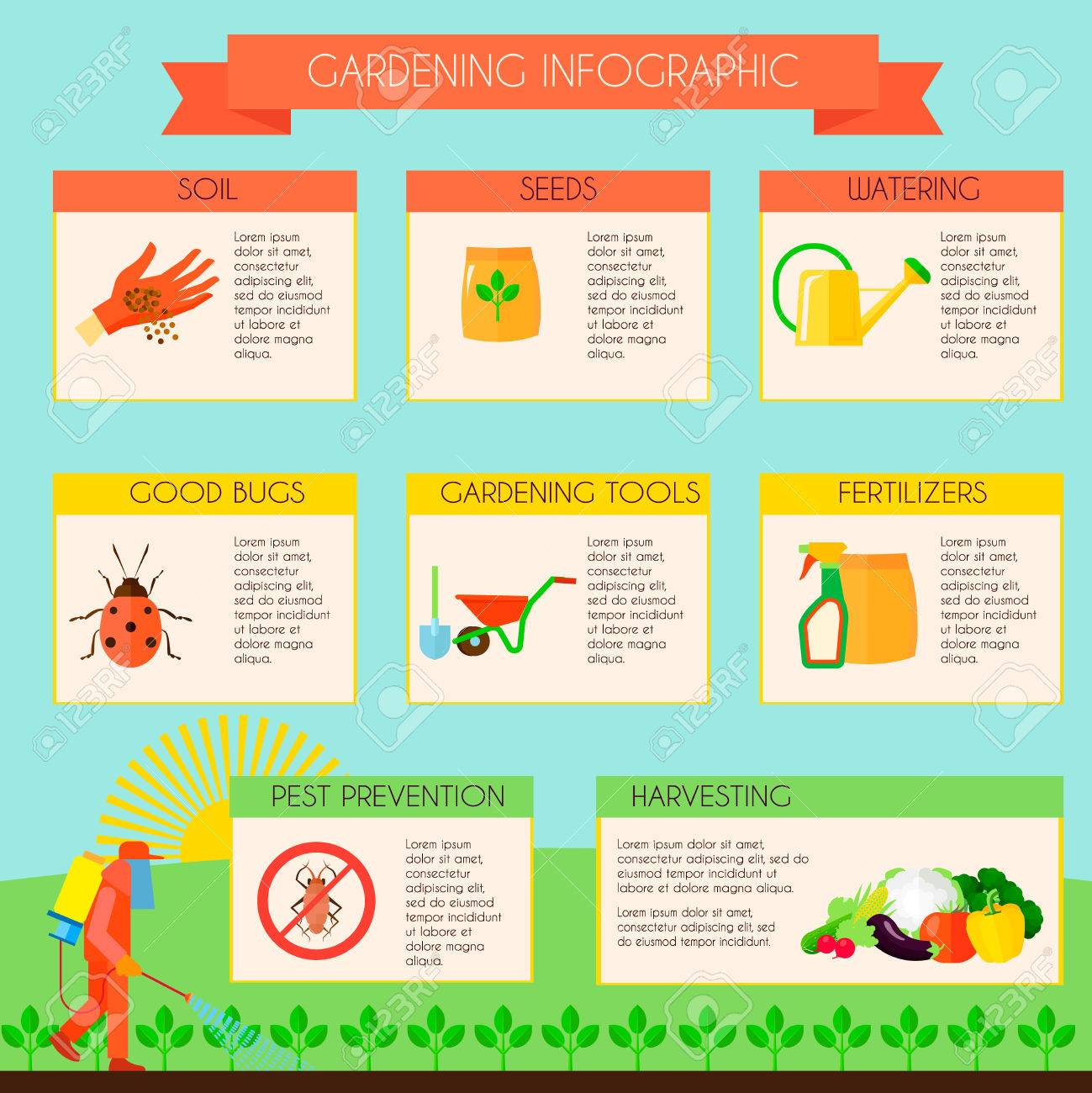Prepare Yourself To Transform Your Garden Into A Pest-Free Place Making Use Of These Imaginative Tips And Strategies
Prepare Yourself To Transform Your Garden Into A Pest-Free Place Making Use Of These Imaginative Tips And Strategies
Blog Article
Created By-Lambertsen Medeiros
Picture your yard as a shelter, a location of peace and elegance. However, the existence of outside insects can swiftly disrupt this idyllic picture. What happens if there were easy yet effective ways to keep these unwanted visitors at bay and safeguard your yard sanctuary? By complying with a few useful pointers and executing natural strategies, you can produce a harmonious outdoor area where your plants can thrive undisturbed.
Natural Parasite Deterrents
To maintain pests far from your yard normally, plant fragrant natural herbs like mint and lavender. These fragrant plants not only add elegance to your yard but additionally function as effective bug deterrents. Insects like insects, flies, and also some garden-damaging pests are warded off by the solid aromas discharged by these herbs. Simply positioning them strategically around your garden can assist produce a natural barrier versus undesirable pests.
In addition to mint and lavender, consider planting various other herbs like rosemary, basil, and lemongrass to even more enhance your garden's pest-proofing capabilities. These natural herbs not just serve as natural repellents yet likewise have the included advantage of working in food preparation or crafting home made treatments.
Strategic Plant Placement
Take into consideration the design of your garden and the kinds of plants you need to strategically put them for maximum pest-proofing efficiency.
Begin by grouping plants with comparable resistance to pests with each other. By doing this, you can develop an all-natural barrier that deters parasites from spreading out throughout your garden.
Furthermore, positioning pest-repelling plants like marigolds, lavender, or mint near more at risk plants can help shield them. High plants, such as sunflowers or corn, can act as a guard for much shorter plants against bugs like rabbits or ground-dwelling insects.
oconnor pest control in mind to leave sufficient room between plants to enhance air flow and lower the danger of diseases that pests may carry.
Additionally, think about growing strong-smelling natural herbs like rosemary or basil near vulnerable plants to confuse parasites' detects and make it harder for them to situate their targets.
Efficient Parasite Control Approaches
For combating garden pests successfully, applying a multi-faceted parasite control approach is important. Beginning by motivating pop over to this site like birds, ladybugs, and praying mantises to help keep pest populations in check. Presenting plants that draw in these valuable bugs can assist in pest control. Additionally, exercising excellent garden health by removing particles and weeds where parasites could hide can make your garden much less hospitable to undesirable visitors.
Think about making use of physical barriers such as row cover textiles or netting to secure at risk plants from pests like caterpillars and birds. Using natural pesticides like neem oil or insecticidal soap can also work against particular pests while being much less harmful to valuable insects and the setting. b&b pest control to revolve your crops each season to stop the build-up of parasite populations that target specific plants.
Regularly check your plants for signs of insect damages so you can take action quickly. By incorporating these approaches and remaining alert, you can effectively control yard pests and take pleasure in a flourishing, pest-free garden.
Final thought
So, there you have it - with the ideal techniques, you can keep pesky exterior bugs away from your yard and help your plants thrive.
Did you know that growing mint has been revealed to fend off mosquitoes and other pests, decreasing the need for dangerous pesticides by approximately 60%?
By incorporating natural deterrents and clever growing strategies, you can produce a stunning and pest-resistant yard oasis for you to enjoy.
